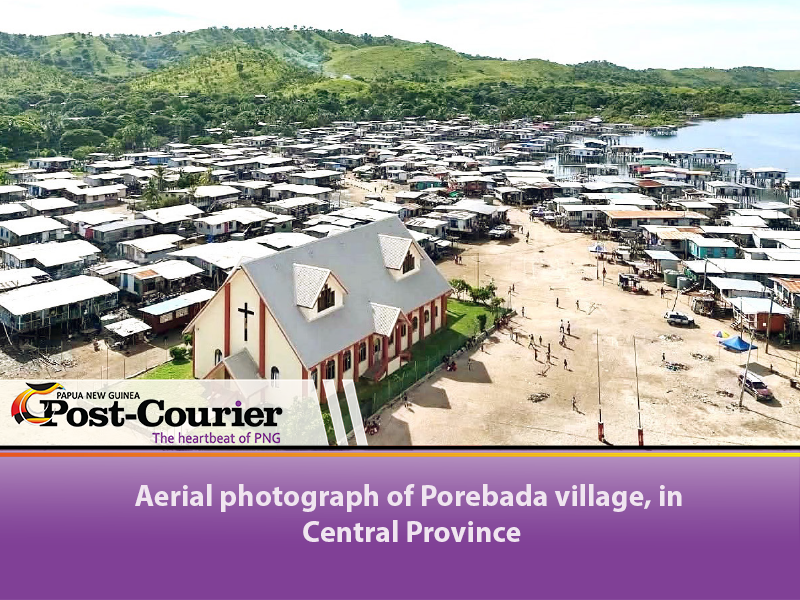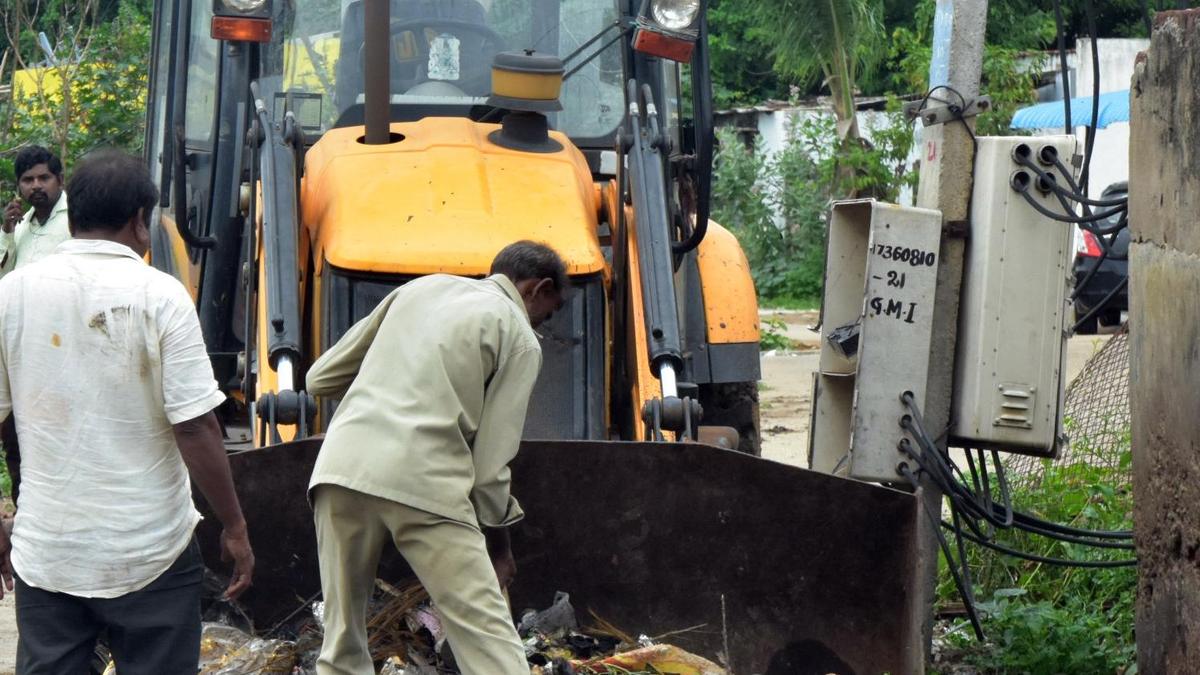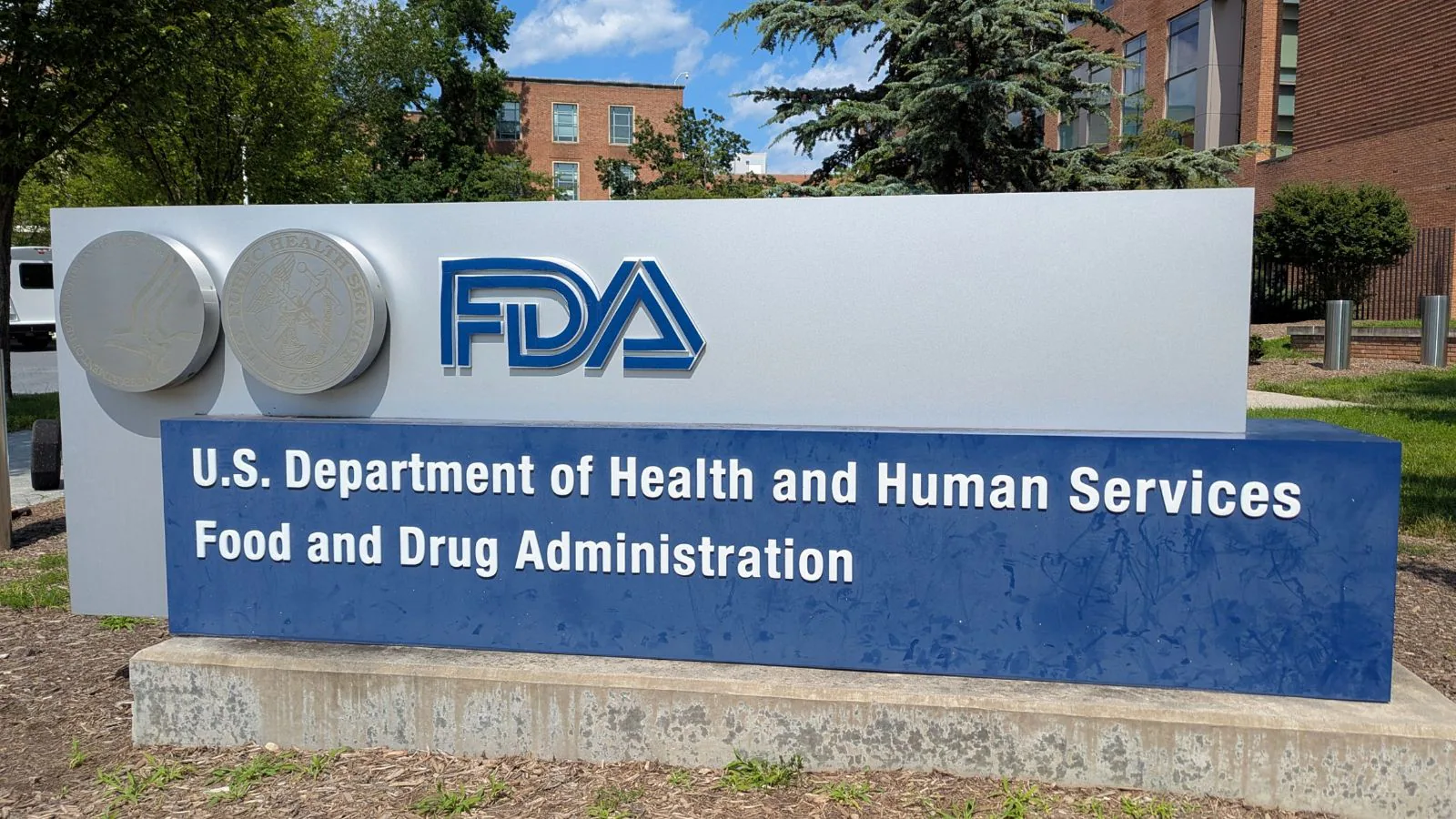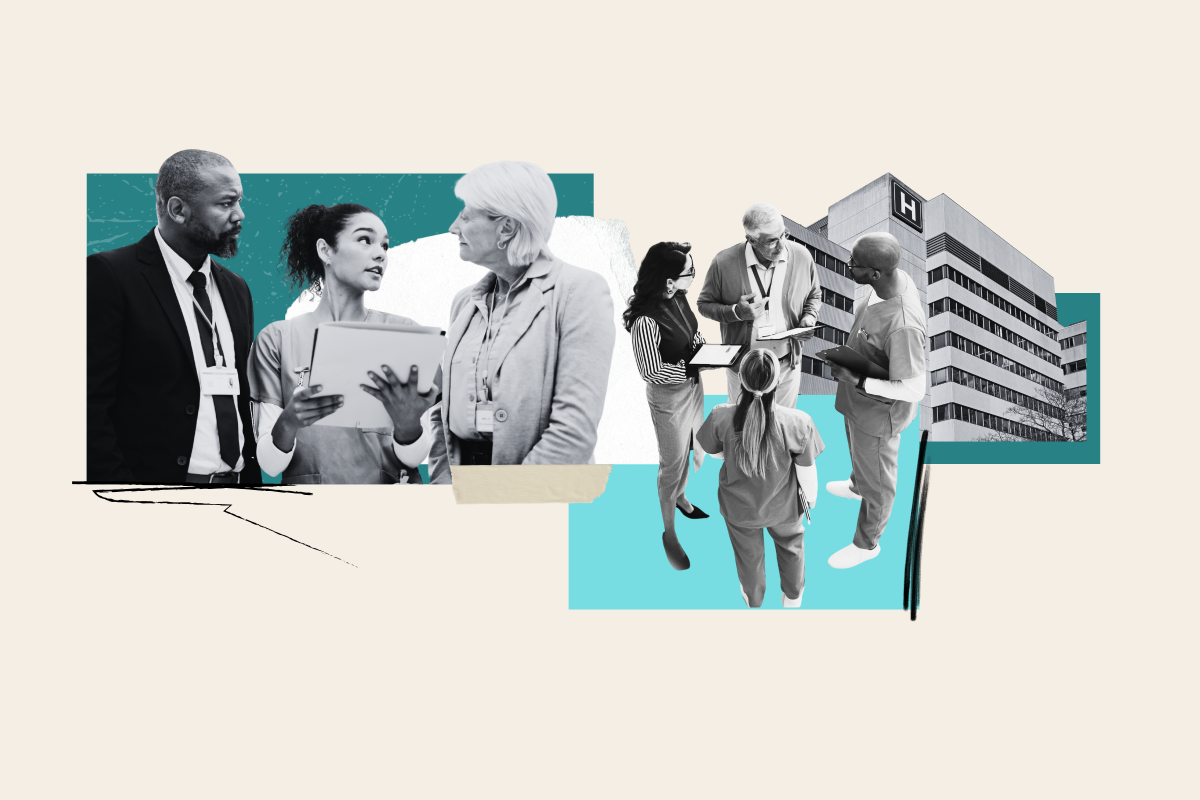Copyright postcourier

RANU lasi, in Motu language means no water. The need and accessibility to have safe and clean running water is only a dream for all Motu Koitabu in both Central Province and National Capital District. For more than 50 years, the indigenous inhabitants of the nation’s capital Port Moresby including the neighbouring corridors of the Central coastline have faced immense challenges of having a proper water supply connected to their villages. After just celebrating the nation’s 50th Golden Jubilee Anniversary recently, the struggle by women and children in these villages are real and continue. It just takes you a few minutes to drive to their villages to see their daily battles looking for water. Such places are Porebada, Boera, Roku, Kouderika, Papa and Rearea. With the abundance of the nation’s wealth including big business investment such as Natural Liquified Gas (LNG) at their doorstep, this vital human need must be addressed by relevant authorities. While the people appreciate the direct benefits of this business such as employment and few social infrastructure developments. Proper water and sanitation have never been on the project agenda. Many residents in Porebada, especially mothers being interviewed by the Post-Courier recently all shared the same sentiments, and are begging the Marape-Rosso Government to intervene and assist, “we need water please help us”, said Jaga Jerry, a mother of three children from Porebada village. According to a community leader Taumaku Baru, in 1968 pioneer councillor from Porebada village, late Taumaku Morea brought water supply into the village. In 1978 electricity was connected to the village. Taumaku was serving as the president of Hiri Rural Local Level Government and delivering these services. Neighbouring Kouderika village was also connected to the city’s water supply system. The LLG through the Central Provincial Government continues to maintain the city water supply system to the villages through the annual recurrent budgets. But through the administrative restructure in the eighties by the introduction of the Organic law on Provincial and Local Level Government, funding constraint was faced. The water supply later ceased to operate. Back in 1991, with the support of the then Prime Minister Paias Wingti, the water supply was restored. A prominent Motuan leader, a former Governor of the Bank of Papua New Guinea and Treasury Secretary Morea Vele, also played a critical role in this restoration project. The last time I witnessed the water taps being opened in the village and women assembling containers to fetch water was in 2002. After That, the water ceased completely. Over the years the pipes that were channeled through University of Papua New Guinea to Porebada village were tampered with, with reported cases of illegal connections along the way. Now the commercial buildings have increased along the corridor of the Porebada, Boera, Papa and Rearea road. The Porebada villagers are now wondering when the water will be flowing through these pipes which were initially constructed for them to have access to water from the city. There are two existing bore water wells in Porebada. A Central Provincial Government bore water projects in the community, with two more committed by Governor Rufina Peter recently. The Redscar High School through its Local Level Government grants built its own bore water supply purposely used for washing by the teachers. The neighbouring four impact villages of Boera, Papa and Rearea are all facing challenges of having access to clean water for consumption for its residents. It is the National Government duty in providing basic public utilities and services to its citizens. If the Porebada villages which are just a few kilometres away from Waigani cannot have access to better water, the rest of the country having the similar needs can wait until the cows come home. Porebada village has two council wards, East and West. It is a well clustered modern village with 35 clans and 10,000 population all living within close proximity can all share a common tap at three or four different locations if the water supply reaches them in the future. The water challenge itself has now become a political propaganda agenda for candidates promising to fix the issues every election. Both at the National and Local level government elections. However very little has been done to address it. The current price of water in the village ranges from K2-K4 per 20 to 30 litre containers. A family can spend K15 per day for buying water. For many who do not have a stable income, to buy water every day is indeed a nightmare for them. The state institutions in the communities like Redscar High School, Porebada Primary School and clinic center all do not have a proper, safe, clean and consistent water supply. The teachers and health workers serving this village all face water problems yet continue to do their job. Water borne diseases are common in the villages that have severely affected the people, including women and children. From the far end of Manumanu, to Kido, Gorohu, Lealea, Papa, Boera, Porebada, Kouderika and Roku are the homes of the Motu Koitabu. The villages further stretch to the National Capital District in Port Moresby. They are Baruni, Tatana, Hanuabada, Pari, Kirakira. And to the eastern side of Hiri LLG are Tubuseria, Barakau, Manugoro, Gaire, Gabagaba. The Motu-Koitabuans are peace loving and very respectable. These villages in the Hiri west were little known to the outside world. Until the establishment of the PNG LNG plant project along that section of the Hiri West in Central Province. But this multi million kina project does not benefit this entire coastline, in terms of its royalty, levies, equity or job opportunities. The Infrastructure Development Grants were paid to the Central Provincial Government and the Hiri Special Purpose Authority. The four impact villages of Papa, Rearea, Boera and Porebada. These villages have transitioned from a village hamlet of sago thatched roof to a modern village since 1975. People who are able to afford have built better homes on their land and along the beaches or on the sea. But their struggles to live like any other places in Papua New Guinea has always been a challenge. Existing government facilities in the village includes, schools, health centres, electricity, roads accessibility to Port Moresby. Communication towers are provided by Digicel, Vodafone and B-mobile. One of the dominant problems encountered in these villages is having access to better drinking water and sanitation.



